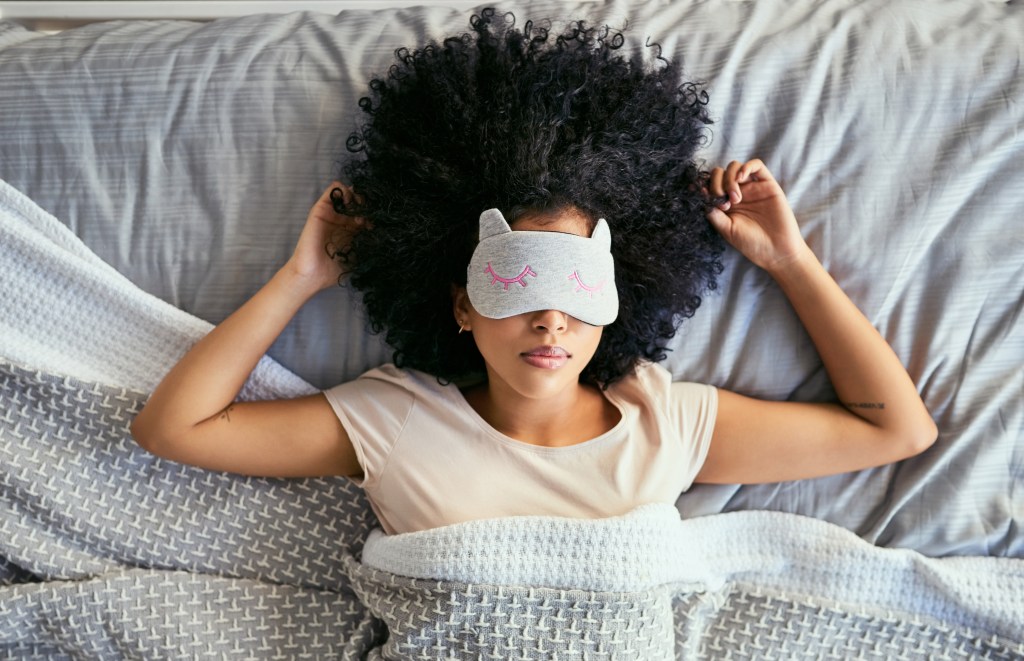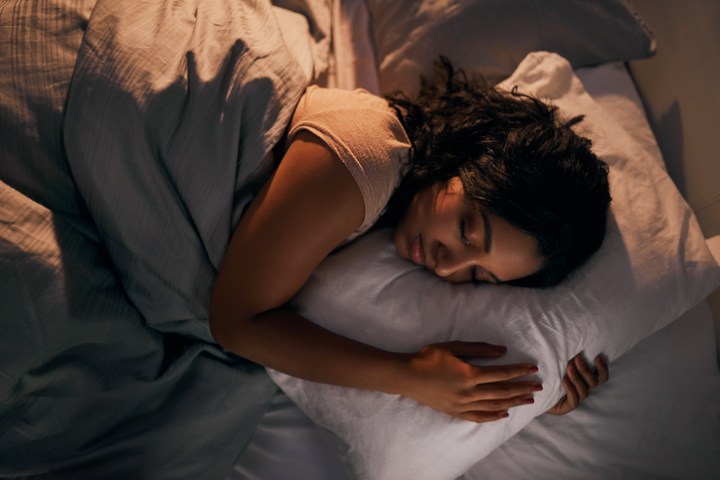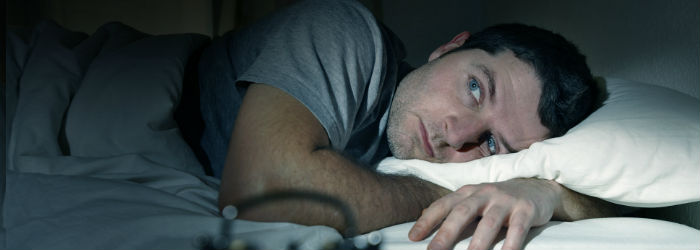How to trick yourself to sleep

In today’s fast-paced, non-stop world, research by the UK’s Sleep Council has found that almost a third of us don’t get enough sleep most nights. If you’re reading this article we’re guessing you’re one of those people. We feel for you. There’s nothing nice about lying there, thought and worries flooding your mind; or feeling wide awake, wired and irritable, tossing and turning and simply unable to slip into slumber. But what can you do about it!?!
Kim Jones (a health and wellbeing journalist) has written an amazing book to help you trick yourself to sleep. There are 222 brilliant sleep hacks in her book split into 8 categories – Before Bed Wind-Down Tricks, Mind Tricks, Bedroom Tricks, Food and Drink Tips, Body Tricks, Breathing Tricks, Daytime Tricks and Taking The Stress Out Of Sleep – but we’re going to tell you about a few of our favourites.
To sleep soundly you must feel safe
You need to feel safe at night to sleep well. Any fears you may have about being burgled or having a fire in the house, for example – or even after watching a scary film or the news – could keep you in a state of high alert and interfere with your sleep. So if you hear a movement or a creak that you can’t identify, your body’s sympathetic nervous system will activate your fight-or- flight response. This will release adrenaline, which ramps up your heart rate and blood pressure, making it difficult to switch off and sleep. If you do drop off, chances are you’ll still be in a state of hyper-arousal, with your brain (and subconscious mind) more active than it should be, monitoring what’s going on around you. So sleep will be light, not refreshing, and you’ll easily be woken. Take action to feel safer. This might mean getting a house alarm fitted and using it at night, checking smoke and carbon monoxide alarms are working, installing better door and window locks. It may also mean that, if you find the news is disturbing you, you take a break from watching or listening to any bulletins after 6 p.m. And avoid horror films, true-life crime stories and disturbing books before bed.If you do suffer from fear or anxiety at night generally, then try to make your evenings calm and carefree – watch some comedy or a lighthearted film, or read a book that won’t put you on edge at lights-out.
Go forest bathing
‘Shinrin-yoku’ is a Japanese term meaning to immerse your-self in the atmosphere of the forest. This practice of ‘forest bathing’ – walking slowly through woods and forests, watching nature and inhaling the trees’ essential oils – has been found to offer a host of physiological and psychological health benefits. These include helping to lower stress, to boost the immune system and to improve people’s mood.And it seems trees could also help you get better zzzzzs too. A Japanese study revealed that wandering through woods improved the depth and quality of the participants’ sleep.9If you have countryside, woods or forests near you, spend time exploring them and walking mindfully through them, using all of your senses to soak up the atmosphere around you.
For more helpful tricks take a look at Kim’s book
'Wide ranging, backed by science and research, informative and easy to understand, this is a great book for the sleep-deprived' Lisa Artis, The Sleep Council
When was the last time you had a proper night's sleep?
In today's fast-paced, non-stop world, research by the UK's Sleep Council has found that almost a third of us don't get enough sleep most nights. Insomnia can wreak havoc on everyday life - leaving us feeling exhausted, irritable and unwell. Lack of sleep has also been linked to a whole host of long-term chronic conditions including Type 2 diabetes, heart disease, stroke, high blood pressure, obesity and depression.
But don't despair - help is at hand! This book is packed with easy to read and simple to follow tips, as well as some weird and wonderful tricks, all gathered from expert scientific research, that will help you fall asleep and stay asleep. You may be surprised to learn that everything from having a purpose in life to warming your feet, from what you eat through the day to how you breathe, from how much time you spend outdoors to reframing your thoughts and mindset can all help you get a better night's rest.
A good night's sleep can help change your life for the better, and this book will help you to achieve it.






